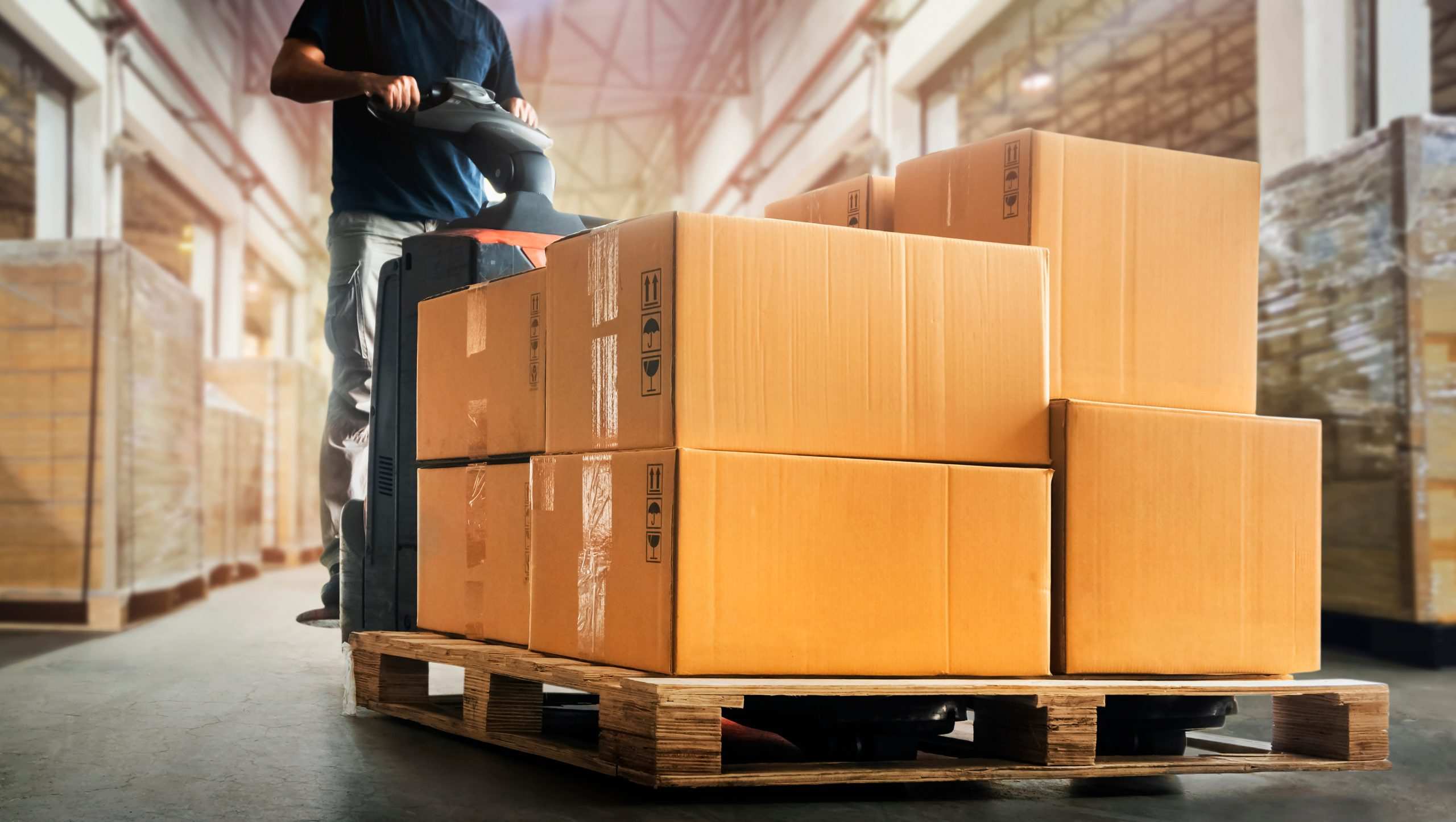The courier industry plays a vital role in the global economy, facilitating the smooth flow of goods and documents from one place to another. In the era of e-commerce and digital communication, it has become an indispensable part of our daily lives. In this article, we aim to demystify this critical industry and shed light on its various aspects.
What is a Courier: Role and Responsibilities
At the heart of the courier industry is the courier. The primary role of a courier is to transport and deliver packages, documents, and other items from sender to recipient in a timely and efficient manner. Couriers often represent the front-line of a courier company, engaging directly with customers and often being the face of the organisation they work for.
Couriers shoulder a multitude of responsibilities. These can include collecting parcels from senders, loading and unloading parcels, verifying addresses and the contents of packages, maintaining delivery records, and providing customer service. They must adhere to delivery schedules, manage their routes efficiently, and maintain their vehicles in top condition. In essence, they are responsible for ensuring a smooth and satisfactory delivery experience for the customer.
What Does a Courier Do? Key Functions Explained
Couriers carry out several key functions to ensure timely and secure delivery. They sort and categorise items based on delivery locations and urgency levels. They also plan their routes strategically to maximise efficiency and minimise delivery times.
One of the primary functions of a courier is transporting goods. Depending on the nature of the courier company and its scale, this might involve local, regional, national, or even international transportation.
Another key function is the provision of track and trace services. With the help of modern technology, couriers are now able to provide real-time updates on the location and status of parcels. This service enhances transparency and helps customers to plan and manage their schedules.
How to Become a Courier: Essential Steps and Skills
Becoming a courier doesn’t usually require advanced educational qualifications. However, it does demand certain skills and attributes. Good knowledge of local areas and road networks, an aptitude for time management, a valid driving license, and an ability to handle physical work are among the prerequisites for this role.
Additionally, interpersonal skills, problem-solving capabilities, and a customer-oriented mindset can greatly enhance a courier’s effectiveness. In terms of steps to becoming a courier, acquiring a driving license and some form of vehicle is often the first step, followed by securing a position with a courier company. Training is usually provided on the job.
What is a Courier Company: Structure and Operations
A courier company is an organisation that offers courier services, which encompass the collection, transport, tracking, and delivery of parcels and documents. These companies can range from small local businesses catering to specific towns or cities to multinational giants delivering packages across the globe.
The structure of a courier company is typically hierarchical. It starts with front-line employees such as couriers and customer service representatives. Above them are supervisors and managers responsible for overseeing operations, managing routes, and coordinating with other branches. At the top level are executives and directors responsible for strategic decisions and overall business management.
In terms of operations, courier companies leverage both human resources and technology. They utilise route-planning software, parcel-tracking systems, and automated sorting facilities, while also relying heavily on the skill and dedication of their staff.
What is Courier Service: An Overview of Services and Types
A courier service pertains to the range of services provided by a courier company. This can include standard parcel delivery, same-day delivery, international delivery, and specialised services such as temperature-controlled delivery for sensitive goods.
Courier services can be categorised based on various parameters such as speed of delivery (standard, express, same-day), nature of items delivered (documents, parcels, freight), geographic coverage (local, national, international), and specialisation (e-commerce deliveries, medical courier services, legal courier services).
Standard courier services offer the collection and delivery of parcels within a specified time frame, usually a few days. Express or same-day services cater to urgent deliveries that need to be made within the same day or within a few hours.
Specialised courier services are tailored to specific sectors. For instance, medical courier services transport medical samples, equipment, and documents, while legal courier services handle the delivery of legal documents with discretion and punctuality.
What is Courier Delivery: Process and Timeline
The process of courier delivery involves several steps, starting with the collection of the parcel from the sender. The parcel is then sorted at a depot or hub and dispatched for delivery. Depending on the service chosen by the sender, the delivery might happen on the same day or over several days. The process concludes with the parcel being delivered to the recipient, often with a signature required to confirm receipt.
The timeline for courier delivery can vary greatly depending on several factors. These include the distance between the sender and recipient, the type of service chosen, and the operational efficiency of the courier company. Standard services can take anywhere from a couple of days to a week, while express services aim to deliver within the same day or the next day.
In recent years, technological advancements have greatly streamlined the courier delivery process. Automated sorting systems, GPS route planning, and digital tracking tools have all contributed to increased speed and reliability. Additionally, customer expectations have risen, placing a premium on timely and transparent delivery services.
In conclusion, the courier industry, underpinned by the hard work of couriers and the sophisticated operations of courier companies, plays a pivotal role in modern commerce and communication. Whether you are looking to send a birthday present to a loved one or awaiting the delivery of an online purchase, the courier industry is there to ensure that your parcel reaches its destination securely and on time.
Finding Your Local Courier
Edwards Logistics provides courier services in the following locations: Liverpool, Birmingham and Manchester. For more information relating to courier services, contact us.





